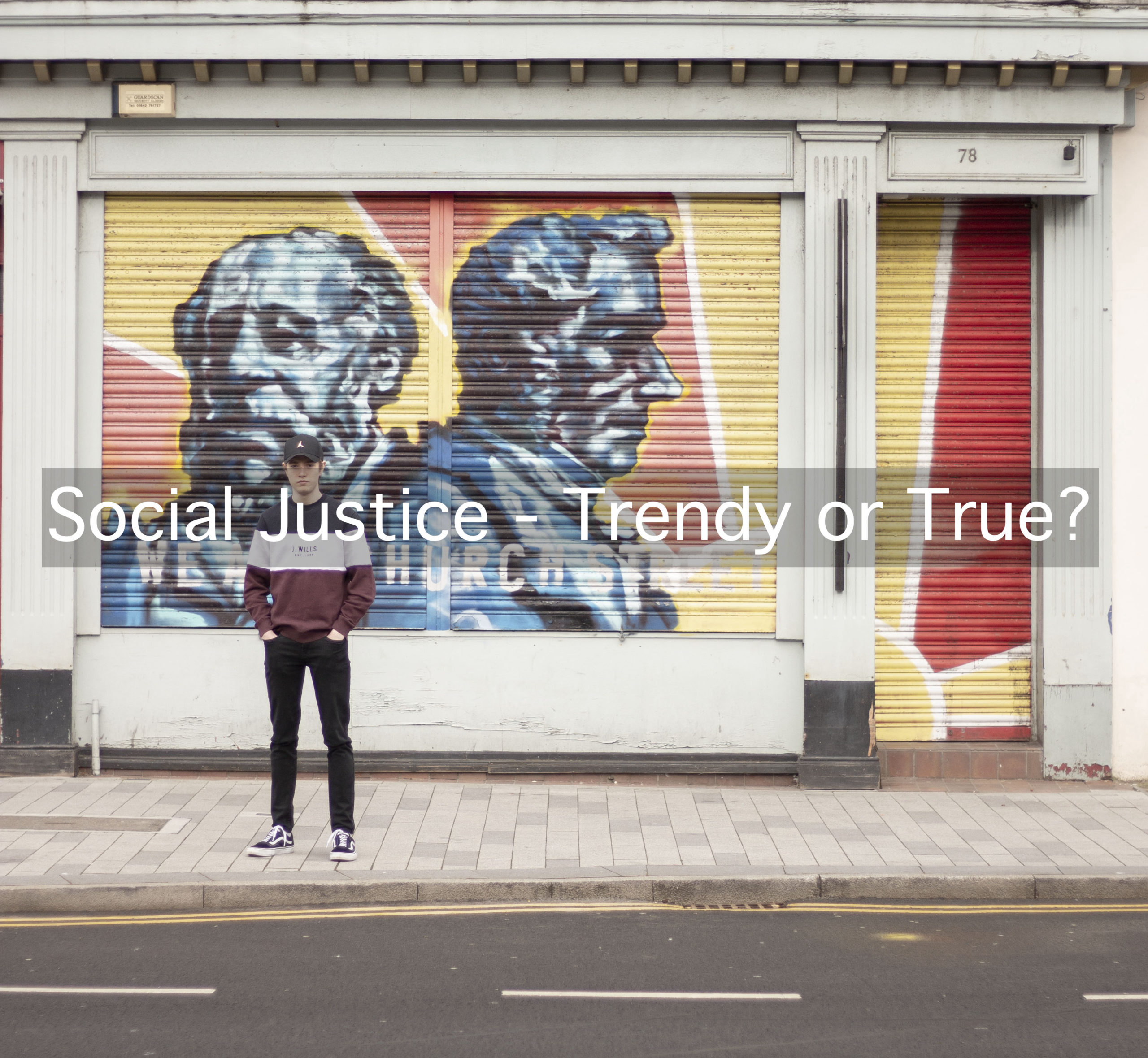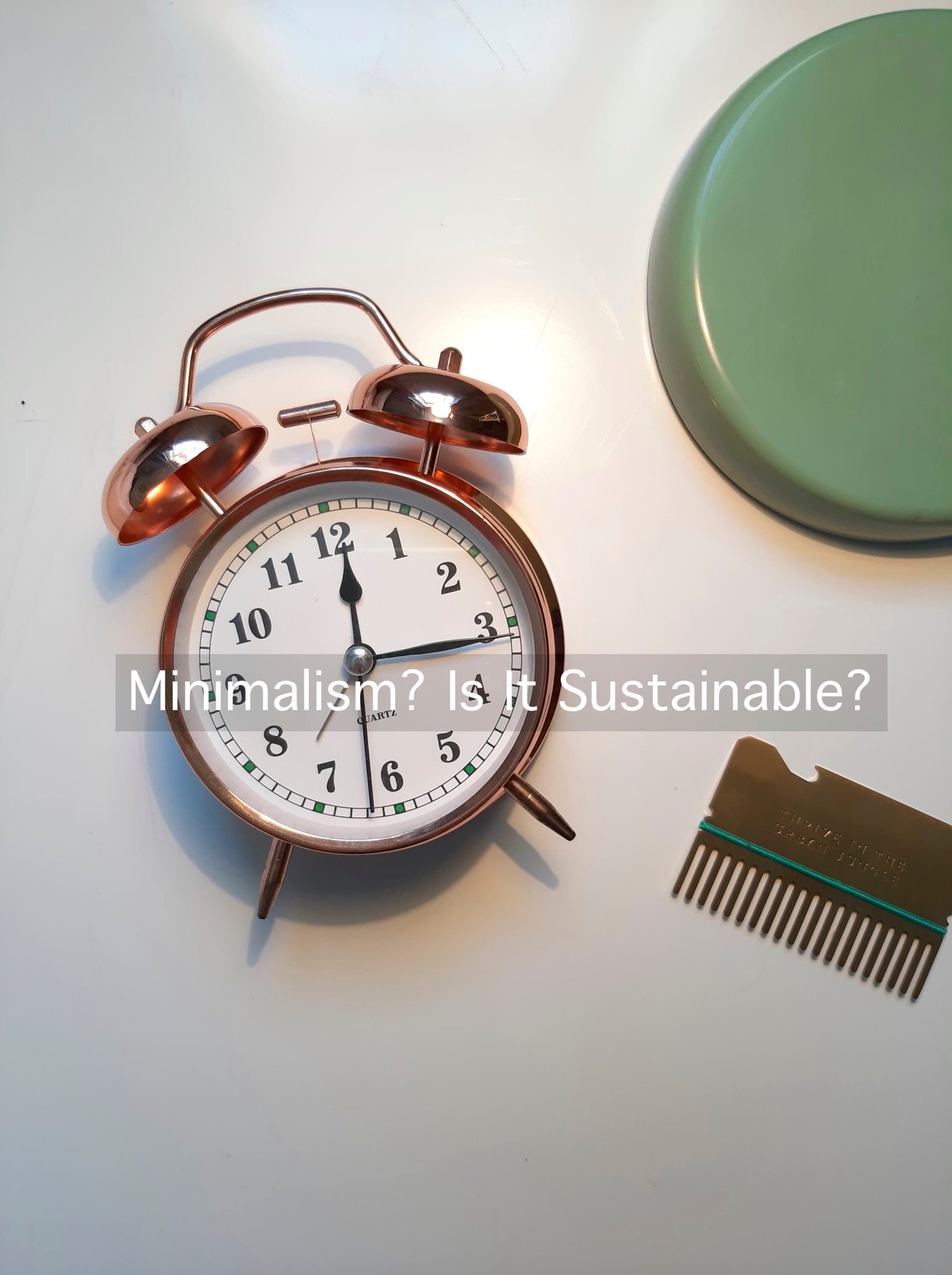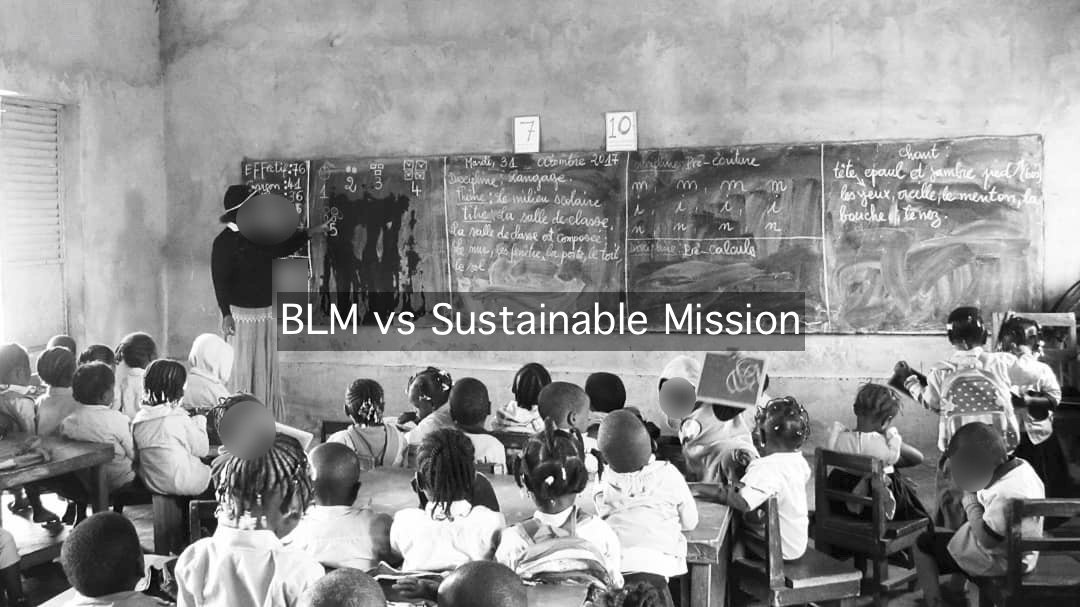Tag: social justice
-

Social Justice – Trendy or True?
Social justice and sustainability have become a modern trend label. However, do we truly know what it means? Lately I’ve been part of a book club, reading ‘generous justice’ by Tim Keller. It looks at a holistic picture of these global issues and as a group we’ve been discussing, learning and asking questions. Through these…
-

Minimalism?
Minimalism has become a ‘buzz word’ often linked to sustainability. The minimalist lifestyle is based around the philosophy that ‘less is more’ and freeing yourself from unnecessary possessions, purchases and utilities will allow you to live happier. Less cluttered lives apparently allow for life to be rich in experiences. How does minimalism link to sustainability?…
-

BLM vs Sustainable Mission
Has the BLM movement diminished good done by missionaries? Disclaimers: a) I don’t for one second think that we should dismiss the BLM movement, b) what I’m indicating is that we could be in danger of dismissing something just as incredible if we don’t realise how wonderful mission is, c) I want to challenge people,…
